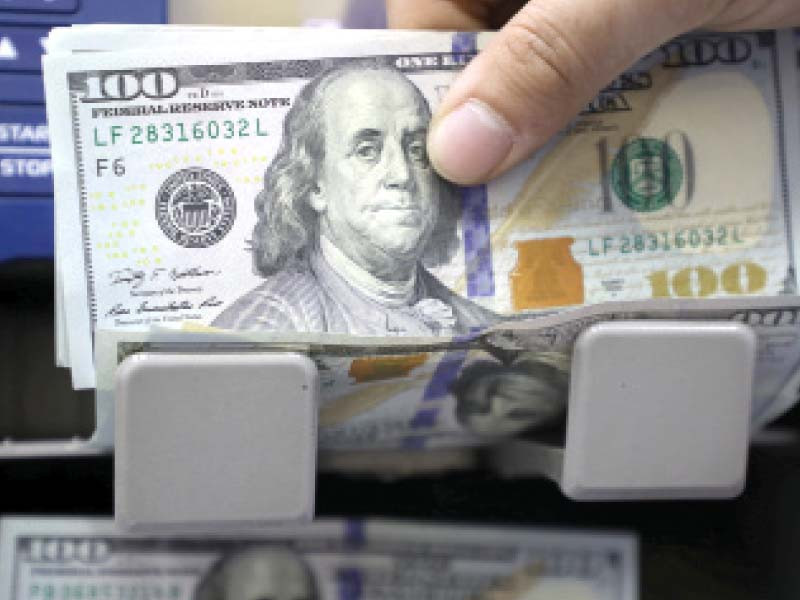
With the objectives of reducing circular debt and giving a boost to the underperforming stock market, the government is considering paying maximum dividend to shareholders out of the profit earned by state-owned companies listed at the Pakistan Stock Exchange (PSX).
“If the liquidity crunch (due to circular debt) is not allowing energy firms to pay dividend to shareholders, then they can declare dividend and clear circular debt,” suggested Adviser to Prime Minister on Finance and Revenue Shaukat Tarin while speaking at an event in Karachi on Sunday.
“The government does not need money (dividend) and companies can use dividend income to reduce the circular debt.”
The government is the largest beneficiary of dividend income of state-owned companies as it is the biggest shareholder in many of these firms listed at the PSX.
However, the circular debt and liquidity crunch have prompted them to announce low dividend over a period of time. This has turned their shares unattractive, caused reduction in stock prices and dented the market valuation.
Citing an example, a market expert said that on average Pakistan Petroleum Limited (PPL) used to give 55% of its profit in dividend a few years ago, however, “the payout has now dropped to 18%”.
READ Debt rose by Rs16tr in three years, Senate told
“The government will remain a beneficiary of high dividend payments regardless of whether it receives dividend income from the companies or use the money to reduce the circular debt,” he said. Tarin said that he had been working with energy companies consistently for the past two weeks to develop a strategy to pay off the circular debt.
At present, the circular debt stands close to Rs2.5 trillion. “If the strategy (paying higher dividend) helps to pay off circular debt of around Rs300-400 billion, then it will be a positive development,” the adviser said. “This (higher dividend payment) will increase the valuation of companies, which are heavyweights in the stock market,” he said.
The higher dividend may encourage investors to increase shareholding in the stateowned heavyweights and will help the companies discover their true share values, which are at lower levels these days. “The discovery of true valuation may later allow us (the government and state-owned companies) to issue GDRs (global depository receipts),” the adviser said.
GDRs are like shares and are issued to global investors to raise equity financing in foreign currency. They are listed and available for trade in the global stock markets. Earlier, the government has issued GDRs of Oil and Gas Development Company (OGDC) while Lucky Cement in the private sector has also issued GDRs.
Speaking to the audience, Arif Habib Limited (AHL) Chairman Arif Habib talked about the issue of stateowned companies paying low dividend and said that the increase in dividend payment to historically high levels might help ease the circular debt.
He said that the low dividend payment had resulted in reduction in the market valuation of many companies including OGDC, Pakistan State Oil (PSO) and National Bank of Pakistan. “The share price of OGDC has gone down to 0.4% of its book value. Similarly, the share price of PSO has declined to 0.4-0.5% of its book value,” he said.
“The share price of NBP has shrunk to 0.2% of the book value.” He stressed that energy firms should not add surcharges like late payment surcharge to their receivables as they increased the volume of circular debt.




1732256278-0/ellen-(1)1732256278-0-165x106.webp)
1725877703-0/Tribune-Pic-(5)1725877703-0-165x106.webp)



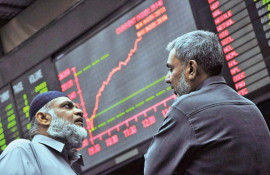


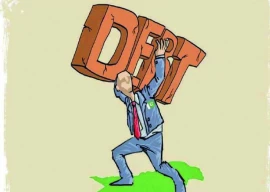
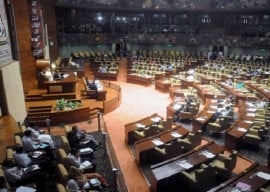

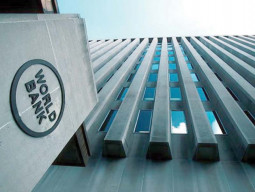






COMMENTS (2)
Comments are moderated and generally will be posted if they are on-topic and not abusive.
For more information, please see our Comments FAQ